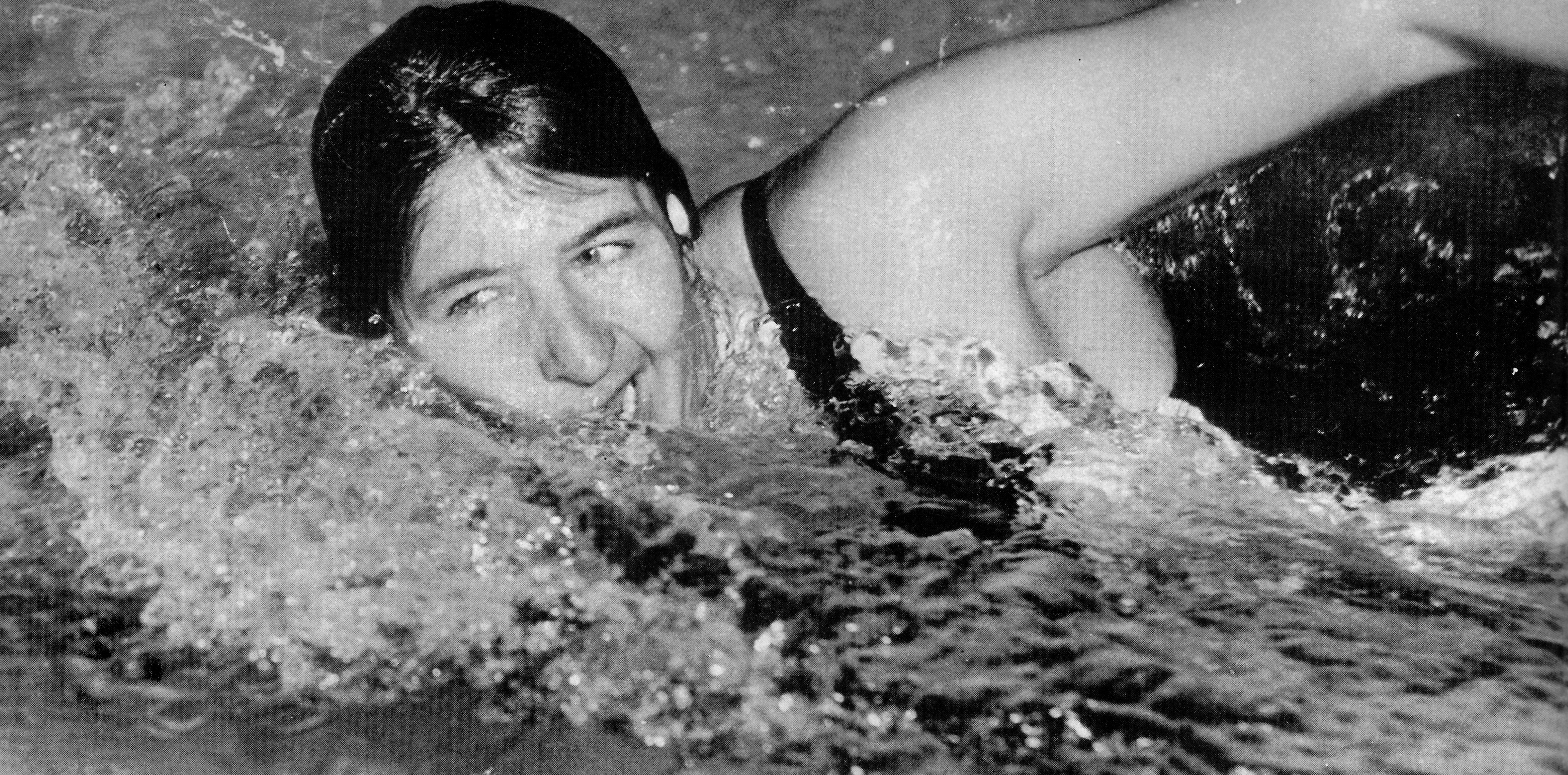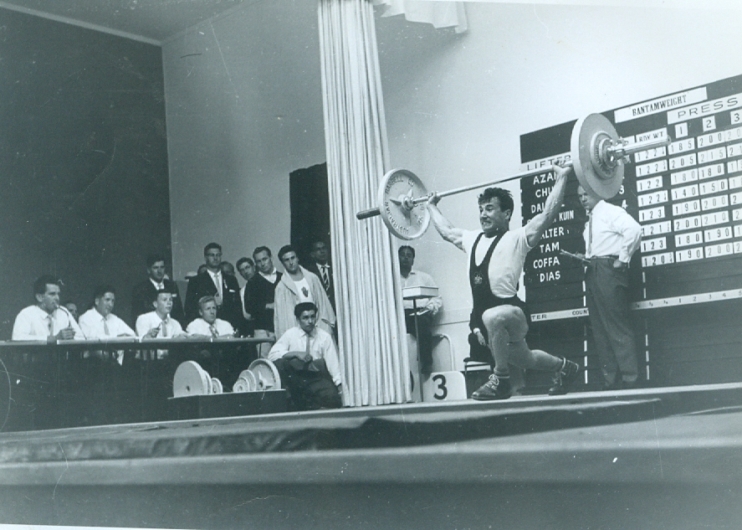
It has been a generation since Australia hosted the Empire Games in Perth 1962, in fact 55 years ago this week.
By David Tarbotton
Over those 24 years, between the inaugural and second hosting of the Commonwealth Games, not only has the title changed from the British Empire Games in 1938 to the British and Commonwealth Games in 1962, but Australia has experienced war and the boom of the ‘50s in sport and society.
The Games will be remembered for stifling temperatures. The 50,000 crowd at the opening ceremony roasted in 105 degrees Fahrenheit (40.5 degrees Celsius) heat. The temperatures remained over 100 Fahrenheit (38 Celsius) for the first three days of competition.
Athletics would be one of the sports most effected by the heat. There were punishing conditions on day one of track and field as the temperature reached 40 degrees Celsius for the start of the six-mile event. The race was also the international debut of Ron Clarke, still a year away from his first of many world records, but unfortunately he would be one of seven of the field of 18 to drop out of the race. Two days later the fortunes of Clarke changed as he won silver in the three-mile event, the first of many podium finishes at Commonwealth and Olympic Games. Also on the first day of athletics, Bourke teenager, Percy Hobson was a surprise winner of the high jump. He became Australia’s first indigenous gold medallist at the Commonwealth Games.
After an absence at the Games of 28 years, the women’s 880 yards was re-introduced to the competition program and it provided an opportunity for redemption for local athlete Dixie Willis. At the 1960 Olympics, she had led the race until 70 metres from the finish, but her heels were clipped, and she stepped off the track. Eight months before the 1962 Games, she may have broken the world record on a grass track in Perth, but had been pushed to the line by New Zealander Marise Chamberlain. The Games in November would be another rematch, with Chamberlain leading at the bell, but Willis pass her for a close victory.

In the Beatty Park Pool, Australia dominated both on the dais and in the record books. The Australian men won 11 gold, and allowed Canada and England one gold each, while in the women’s events, the hosts were more than matched by England who won five gold to Australia’s four. There were also 11 world records broke, seven by Australia. Dawn Fraser lowered her 110 yards freestyle record from 59.9 (set at the trials) to 59.5. She won four gold medals, while 1956 Olympic team mate, Murray Rose also won four gold medals, in the 440 yards and 1650 yards freestyle events and the two freestyle relays 4×110 yards and 4×220 yards, both were world records. A rising star was 15-year-old Ian O’Brien who won three gold in the Breaststroke events and medley relay.
Australia had two gold medallists in the boxing. Six-days after Percy Hobson became the first indigenous gold medallist, Bantamweight boxer, Jeff Dynevor, an aborigine from Queensland won gold. In the light-middleweight division, Tony Madigan became the first boxer in Commonwealth history to defend his title.
In track cycling, Australia swept the gold medals. Victorian Peter Bartels won the 1000 metre time-trial. It was the start of a long association with Australian sport, primarily in administration, including chairman of the Australian Sports Commission from 1997 to 2008. Another prominent Australian sports administer at these Games was Sam Coffa who was sixth in the bantamweight. He would go onto the become President of Commonwealth Games Australia.
Drafts person and dual Olympian, Susan Knight won the diving double – the high board and springboard events. Interestingly, two, now non-Commonwealth Games sports, Fencing and Rowing were significant sports on the 1962 Perth program. Lawn bowls and wrestling were the other sport at the Games, with Pakistan dominating the later winning seven of the eight events.
The last gold medal decided at the Games, the men’s 4x400m relay, would fittingly be won by the next host, Jamaica.
